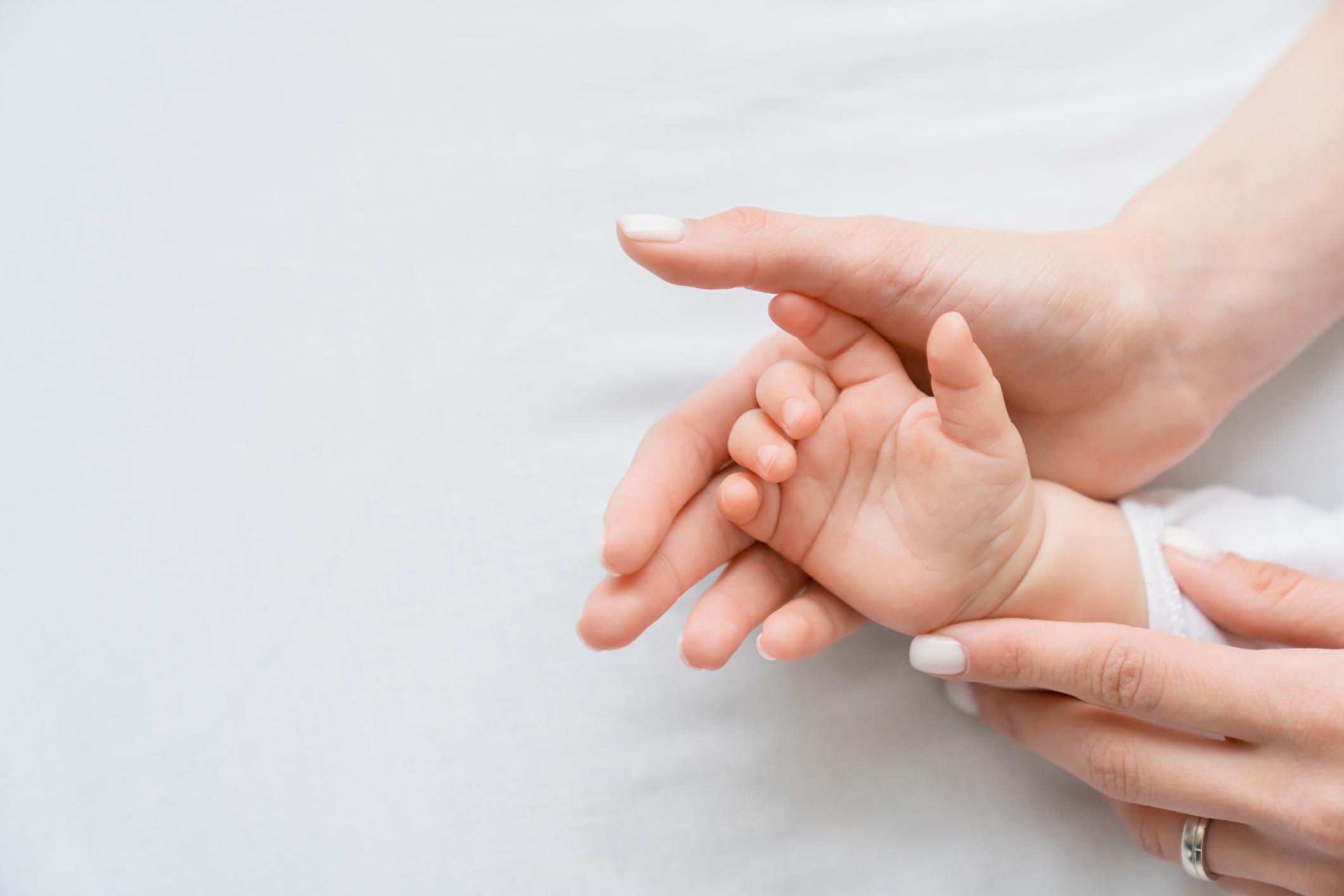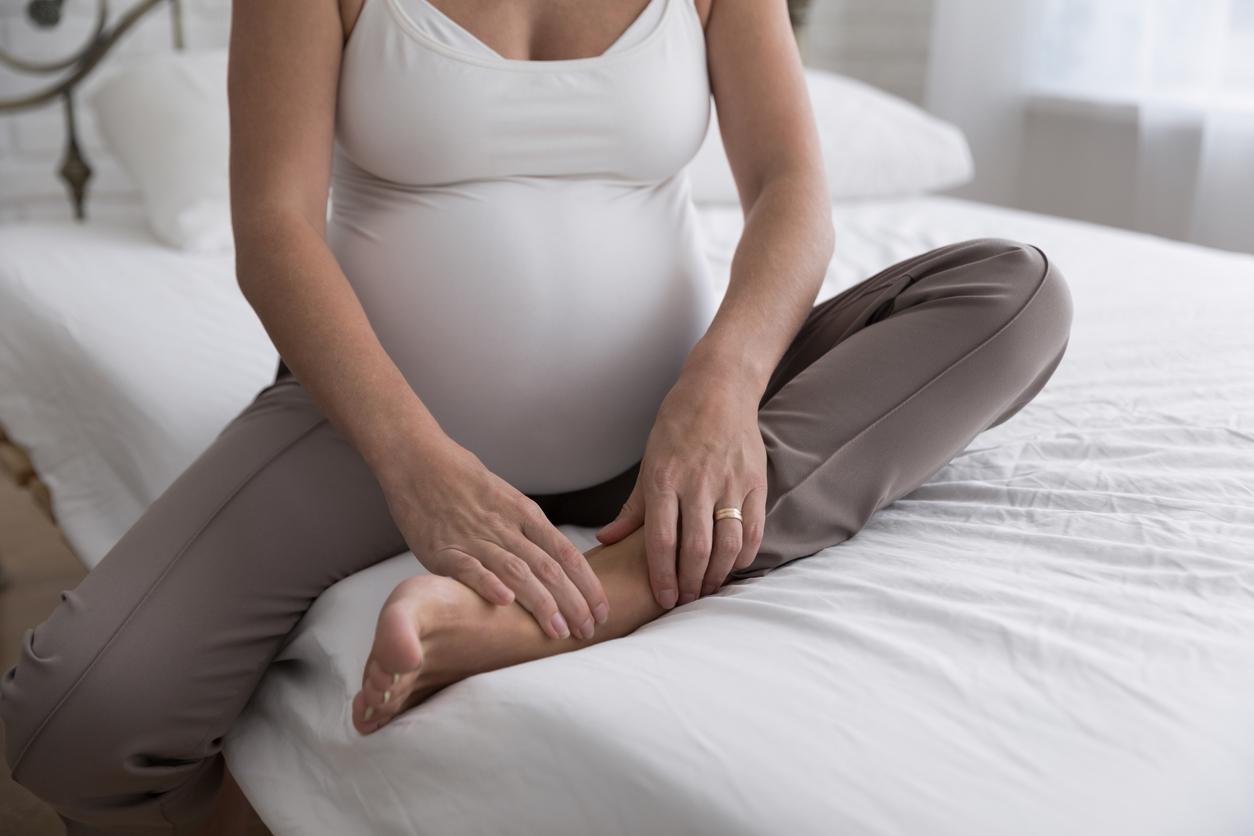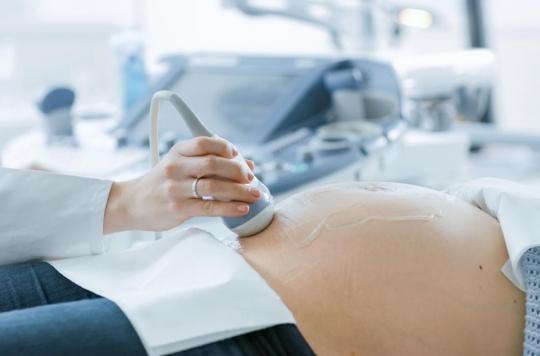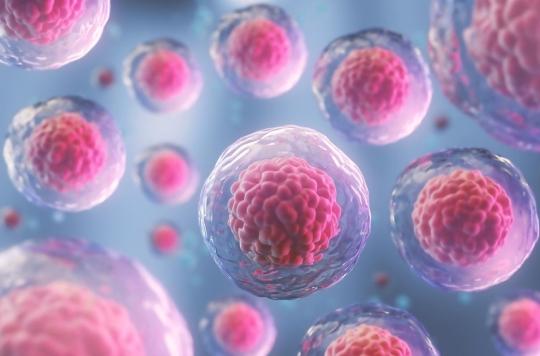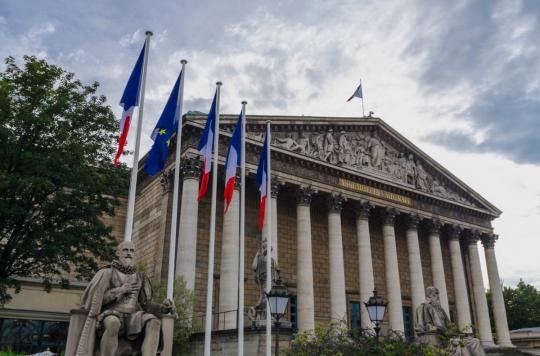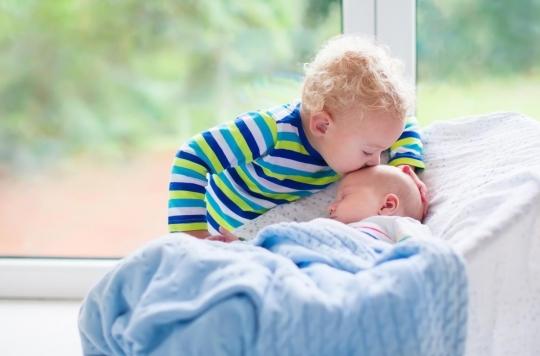Access to medically assisted procreation for all is one of the debates planned within the framework of the General Conference on bioethics. A practice currently authorized but limited to heterosexual couples.

Will single women and female couples soon have the right to use medically assisted procreation (MAP) in France to have a baby? This question is one of the projects of the Estates General of Bioethics, which aims to revise the law passed in 2011. PMA, a technique of medically assisted procreation, is reserved for heterosexual couples – married or not, in childbearing age – suffering from diagnosed infertility. This medical practice, framed by a law of 2004, allows the meeting of an egg and a sperm thanks to two methods: artificial insemination or in vitro fertilization. of their baby is authorized in France.
Emmanuel Macron in favor of the opening of the assisted reproduction
Belgium, Denmark, Spain, the Netherlands and the United Kingdom do not reserve assisted reproduction only for heterosexual couples. Each year, single women or couples of women choose one of these countries to be inseminated and have a baby. The woman carrying the child recognizes it in France, like any parent, even if assisted reproduction is practiced abroad. Since the law of May 17, 2013, which allowed marriage and adoption to same-sex couples, the terms of filiation have changed for female couples. The spouse can also be the parent of the child born through assisted reproduction abroad, but she must go through adoption to establish parentage. In fact, the implementation of the law was difficult. In the beginning, high courts opposed some of these cases. In September 2014, the Court of Cassation therefore ruled in favor of the recognition of children born to an assisted reproduction abroad by the mother’s wife. But, for the spouse who does not bear the child, adoption remains the only option to be recognized as a parent. And this, on condition that the two women are married.
If the law allows single women and couples of women to become parents through assisted reproduction, it still prohibits them from carrying out this medical practice in France. This makes the operation and administrative procedures more difficult and cumbersome. In his campaign program, Emmanuel Macron considered himself in favor of opening the assisted reproduction to single women and female couples. Just like the National Consultative Ethics Committee, last June. According to an IFOP survey, for La Croix and the European Bioethics Forum, 60% and 57% of respondents respectively are in favor of extending the assisted reproduction for couples of women and single women.
23,000 babies are born thanks to assisted reproduction
The objective of the Estates General on Bioethics is therefore to think about bringing the law into line with the opinions of society which seem to be evolving. However, this expansion calls into question traditional patterns of filiation, which disturbs part of the population. Movements like “La Manif pour tous” are hostile to it. They fear that the authorization of assisted reproduction will lead to the authorization of Surrogacy (Surrogacy), which is currently totally prohibited in France. The latter would allow male couples – who can only become parents through adoption – to have a child. Concretely, a so-called “surrogate” mother would receive the sperm from one of the two men, lead the pregnancy and childbirth. At birth, she has no rights over the child, which is that of the couple who requested surrogacy. In February 2014, more than 100,000 people had already marched in Paris against, among other things, the opening of assisted reproduction and surrogacy to same-sex couples. This Sunday, January 21, between 8,500 and 40,000 people close to the Manif pour tous took to the streets of Paris. The “March for Life” also protested against the enlargement of the PMA as well as other questions raised by the States General of bioethics, such as the end of life.
Should we open up access to assisted reproduction to female couples and single women? Answer in June, in the CCNE synthesis. Currently, around 23,000 babies are born each year in France thanks to assisted reproduction.
.







